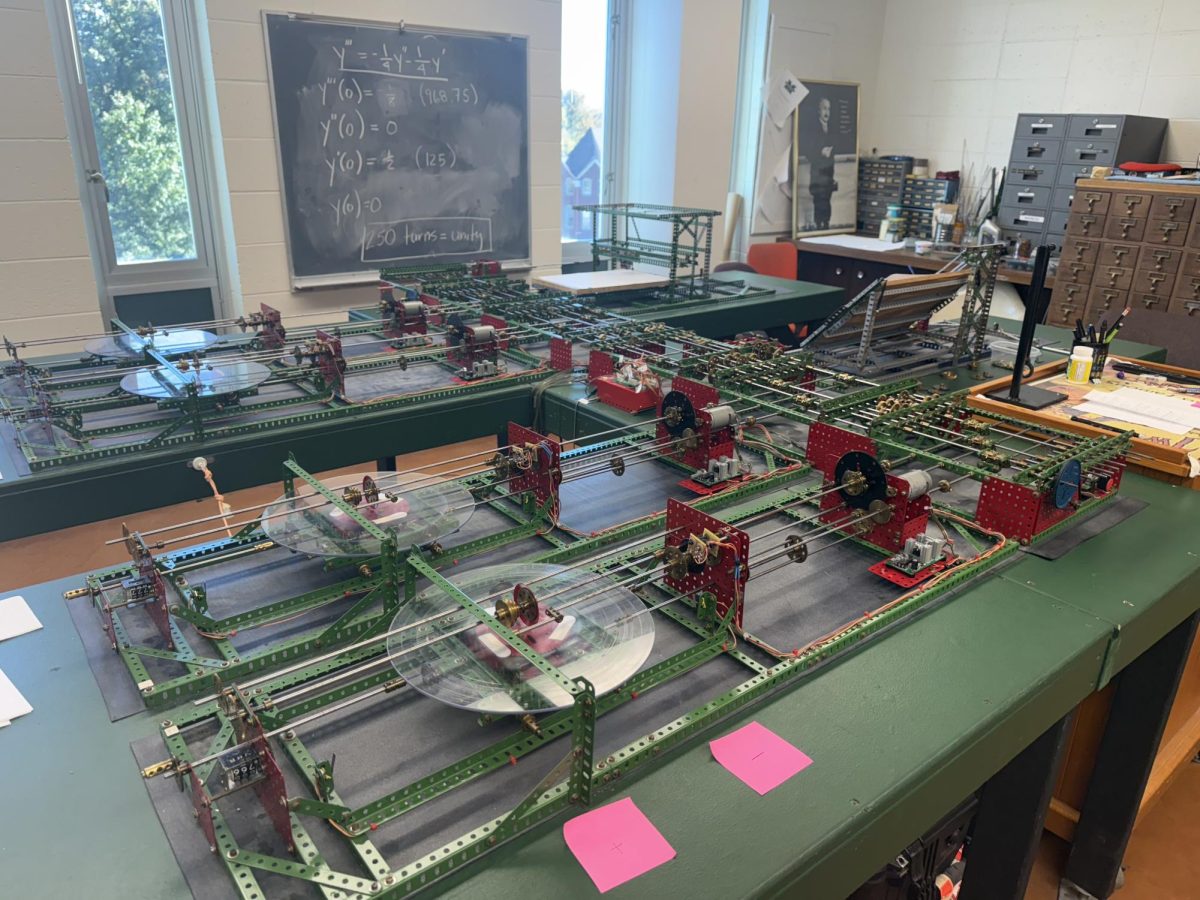On Sept. 30, Harvard economist Gordon Hanson gave a presentation on understanding the economic challenges facing smaller communities, like those in Appalachia, during local recessions and some solutions to them.
Alongside Hanson were Brad Smith, the president of Marshall University, Brandon Dennison, the vice president of economic and workforce developement, and Ben Eng, professor of marketing and entrepreneurship, to help in discussions.
The discussion compared similarities of challenges faced due to job losses in manufacturing and energy sectors, the stress economic downturns put on smaller communities, community colleges and public universities and the challenges faced across Appalachia.
Gordon spoke on how job loss is not just an issue on its own, but rather an issue that causes many other issues to sprout up that make it harder to find a new job.
“The loss of that dignity that comes with work can lead to social dislocation, which means families can split, people can lose their homes, you have more children living with single parents, you have a higher incidence of drug and alcohol abuse,” Gordon said.
“What does that mean? Job loss begets eviction, you lose your car, your life starts to fall apart, you can’t find a new job,” Gordon said. “You’re trying to get your car back. You’re trying to keep your family together.”
Due to these issues, Gordon emphasized the importance of giving money to those who have lost their job the moment they lose it to minimize these issues. While this helps, it is only a stopgap measure. The long-term solution is to help those who have lost their jobs to find a new line of work.
The long-term solution specifically lies within higher education and educating future entrepreneurs and workers. However, Smith expanded on the problems facing higher education.
“The problem most in need of solving and how do we make sure we have an in-demand curriculum that is training for those skills and capabilities, so we can use the next generation of talent to solve the problem,” Smith said.
According to Smith, this problem is extremely important to solve due to its effects on local-level recessions. Due to curriculums in higher education moving slowly, it makes teaching for the skills required for the local job market more difficult.
Smith went on to say while the curriculum needs to adapt quicker. However, entrepreneurs are what will help with creating new job opportunities for smaller communities and will make educating those who have lost their jobs more manageable for higher education.
To create new entrepreneurs, Smith found that a shift in the ideology of how prospective college students look at their careers is very important.
“I wish we would stop asking the next generation, ‘What do you want to do when you grow up?’ We should ask them what problem do you want to solve in this world,” Smith said.
Luke Campbell can be contacted at cambell405@marshall.edu.













